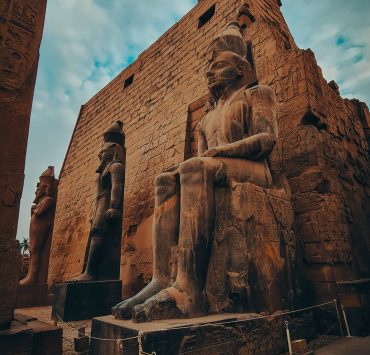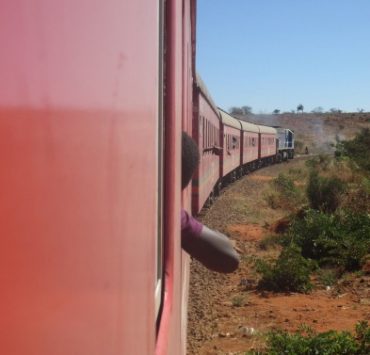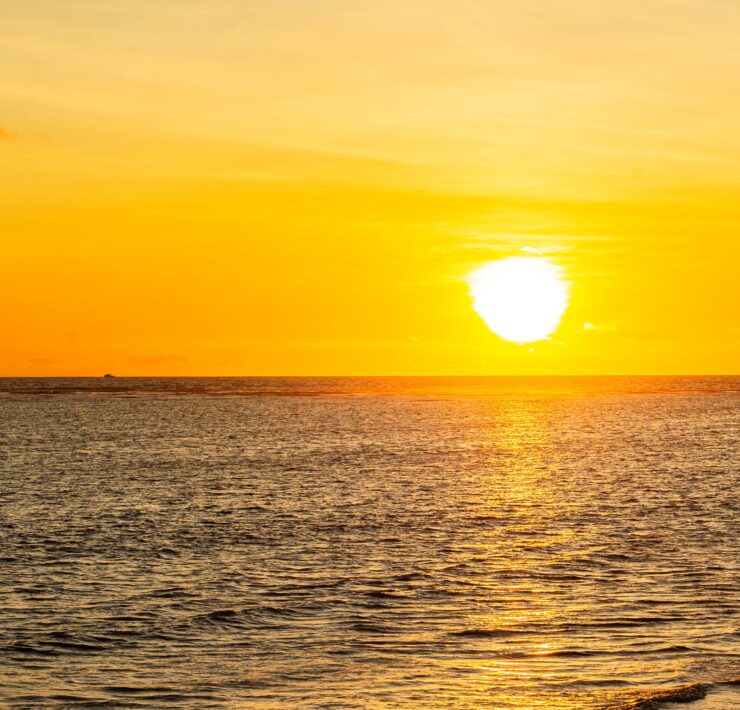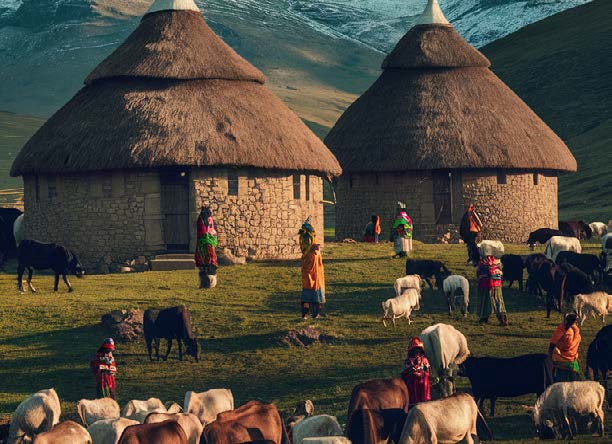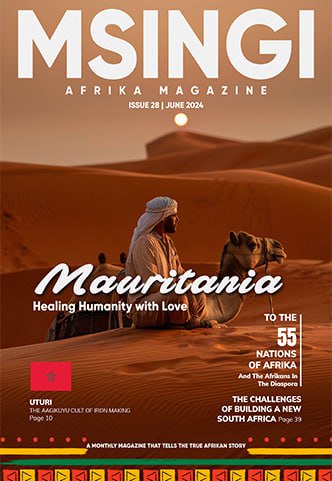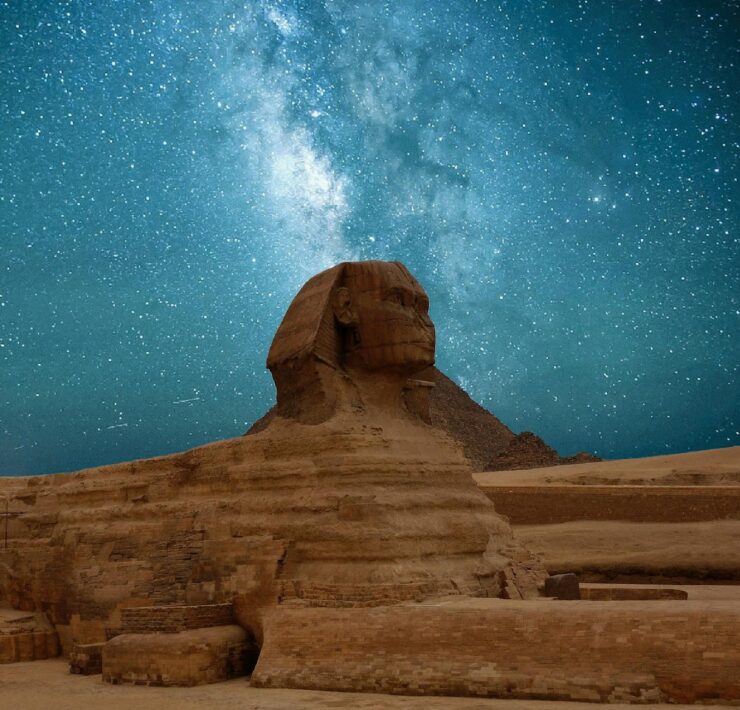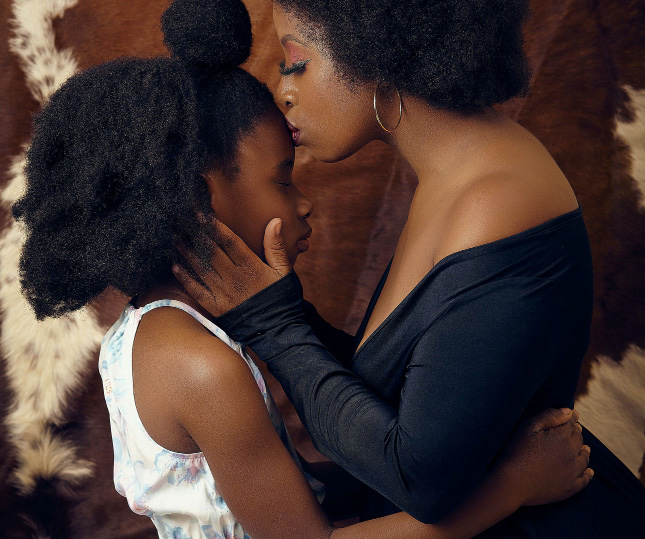
Samuel Phillips is a writer, graphic designer, photographer, songwriter, singer…
Read Next
The Afrikan Child Needs Love Too
In a society where boys are told that crying is a weakness and girls are told to behave properly if they want to marry a good man, life for our young Afrikans becomes about what we want, what we assume they should want and go after and not about who they are and definitely not about their identity, which they need to express. It is almost like as if the Afrikan child is an afterthought in the grand scheme of things. But this should not be so. The Afrikan child is not just an extension of the elders and the ancient ones gone past, he is the bridge between our today and tomorrow. And that means a lot of things, both in our present and future, are tied to the manifestation of truth in our Afrikan children.
We must pay attention to the trauma and the failures in our society and how they affects our children. Love, care, acceptance, training are good foundations for the wellbeing of our children and the society at large.
In other words, the Afrikan child deserves love too.
Is it a coincidence?
Because of this magazine, I do a lot of searches for Afrikan photos on various stock photo websites. And if like me you work with photos, you would have noticed that when you search for photos of young Afrikans, you will either see a child seated on a broken wall in a run down Afrikan village, or a child running after a dirty tyre or a child coming back from school in tattered school uniform and torn sandals and looking just terrible and sad, with a face begging for answers to the question: “what about me?”.
I wonder why this is? Especially when I know that Afrika has some of the most beautiful cities, high end and quite expensive schools in the world. What happened to photos of such cities and schools? Or is there something wrong with the pictures of Afrikan children dressed in nice uniforms with smiles of excellence gracing their faces? Does the Afrikan child not deserve some love, joy and hope in the face of a failing world? Does the Afrikan child not deserve a better representation in the eyes of his community and the world at large? Is the Afrikan child under some psychological attack, just like his fathers have been for ages? Should the light of the Afrikan children only shine when they supposedly win a scholarship to study abroad or when they are adopted by some I-am-feeling-good foreigners who now use the already innate intelligence of the Afrikan child to tell their own stories of how good they are at changing a supposed savage Afrikan child to a genius? We cannot pretend about this reality and we cannot keep telling ourselves that the Afrikan child is not under attack. The Afrikan child is worthy of love, acceptance and bold representation. It is our duty to see it happen.
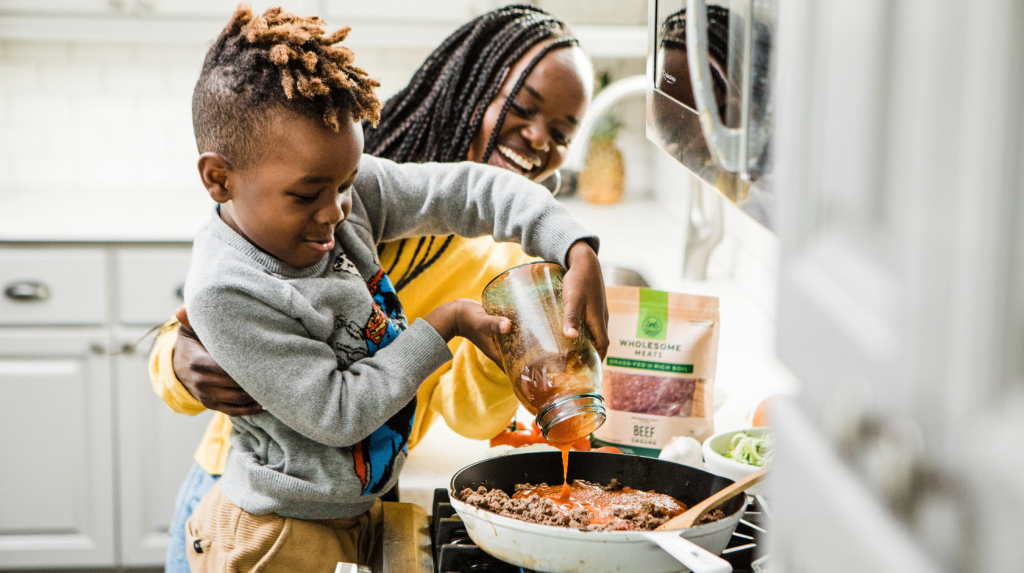 PIN IT
PIN ITThe child is a mirror of the society
The Afrika that I grew up in is the one in which a man measures his inner strength and manliness by how well his wife and children are doing. And I am not talking of just money and how the things money can buy can create a false identity or image of wellness, but about how the kids in a home uphold the family creed irrespective of what comes their way. Discipline, good morals, kindness, goodness and every good thing one would expect from a sane human comes from the beauty of the family creed. But right now, we seem to have a very crazy appetite for foolishness and mindlessness. Mothers no longer think and act as women with dignity. They love drinking in bars and the waywardness that comes with it. Fathers who are supposed to be the images that the Afrikan child sees to understand what is expected if him, have become vapors with no soundness of mind and willpower to stir up goodness and character in a child. We all, including the foreigner who likes to paint the Afrikan child as sick, poor, are telling ourselves that the Afrikan child does not deserve love, hope and faith in the future. But we forget that the Afrikan child is the direct image of the Afrikan society and whatever we portray him to be both at home and outside is what we really are as a society. Meaning we can actually measure our levels of hope, joy, intelligence, goodness, kindness, compassion and love as a society when we look at our Afrikan children.
Which way now?
The day a child was born, he was born with the blueprint of his life, purpose and destiny. But somehow, we have learnt, or let me say overlearnt, how to live. We no longer pay much attention to the indicators in a child’s life that show who they are and what they are supposed to be, even at birth. We have turned Hollywood and all the other woods into classrooms where our kids get their education and moral standards. But surely, our kids deserve better models and mentors to mold them on their paths into their destinies.
Between the male child and the female child, there is none that is better or more desirable. Both are important and both deserve the love, acceptance, grace, goodness, good education from the society and room to create and be creative. Answers come to those who ask questions. So, what about the Afrikan child?
Subscribe now for updates from Msingi Afrika Magazine!
Receive notifications about new issues, products and offers.
What's Your Reaction?
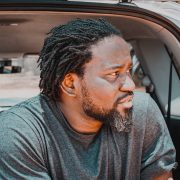 PIN IT
PIN ITSamuel Phillips is a writer, graphic designer, photographer, songwriter, singer and a lover of God. As an Afrikan content creator, he is passionate about creating a better image and positive narrative about Afrika and Afrikans. He is a true Afrikan who believes that the true potential of Afrika and Afrikans can manifest through God and accurate collaborations between Afrikans. Afrika is the land of kings, emperors, original wisdom, ancient civilizations, great men and women and not some road-side-aid-begging poor third world continent that the world finds joy in undermining.














